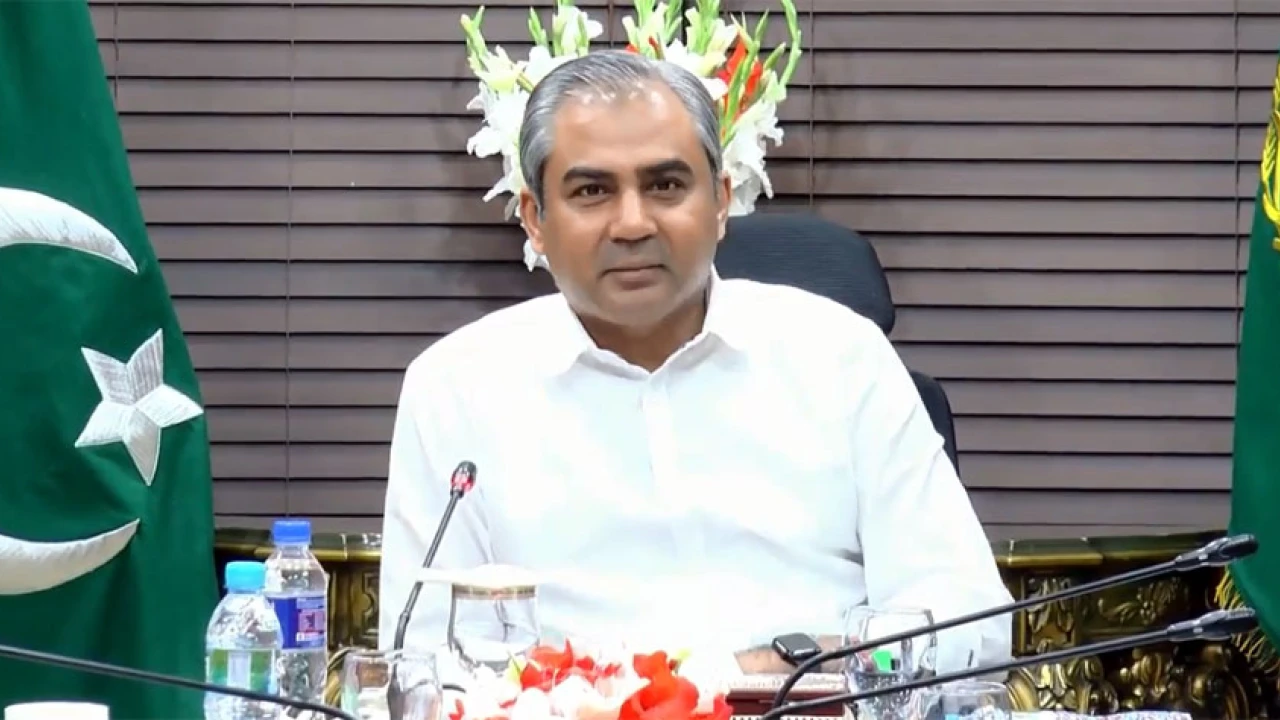If the right steps are taken, Pakistan will no doubt be able to look forward to a more prosperous future
The population dynamics of Pakistan have a long, complex, and tumultuous history leading to the population explosion in the country. Pakistan is one of the most populous countries in South Asia and its population is rapidly accelerating. This article will provide a brief overview of the history of population control in Pakistan and the current situation of population explosion in the country.
Prior to the emergence of Pakistan as an independent nation in 1947, population control measures in the region were mainly initiated by the British government. During colonial rule, the British government focused mainly on controlling the birth rate, with little success. Policies like the 1920 legislation, which required the registration of births and deaths, and the 1930 Child Marriage Restraint Act, which restricted marriage for girls below the age of 16, were implemented. However, due to the lack of enforcement capabilities, the policies had little impact on controlling population growth.
When Pakistan gained independence in 1947, the government decided to focus on measures to improve the basic standards of living of its citizens. This included creating a healthcare system, increasing access to education, and improving infrastructure. Unfortunately, these measures were not accompanied by any concerted efforts to control population growth.
In the late 1950s, however, the government did begin to take serious steps to address population growth. The government created the National Population Welfare Department in 1965, which started conducting a range of initiatives, such as the promotion of family planning, research on fertility and mortality, and training of health care workers.
Unfortunately, the government lacked the necessary political will and resources to effectively implement population control initiatives. Consequently, the population of Pakistan continued to grow at an alarming rate, and by 1981 Pakistan’s population had crossed the 100 million mark.
The problem of population explosion in Pakistan has been further compounded by religious sentiments. The conservative and orthodox sections of society strongly oppose family planning policies, on the grounds that it contravenes Islamic beliefs. Consequently, even the limited progress towards population control has been hindered by these sentiments.
The government has, in recent years, tried to increase awareness among the masses and initiate family planning policies. However, these efforts have not been very successful in curtailing the population explosion in Pakistan. The population of the country has now crossed 230 million and is projected to exceed 250 million by 2025.
The current rate of population growth has created a number of problems for Pakistan. Resources are becoming scarce and there is an increasing strain on the country’s resources. Infrastructure and basic services are insufficient to meet the needs of the rapidly expanding population. Moreover, the youth bulge in the population is creating a serious unemployment problem.
The current population explosion in Pakistan is the result of decades of neglect of population control policies. Despite various government initiatives, population control policies have not been effectively implemented. The failure to address the issue of population explosion is likely to have serious consequences for the development of the country. Without effective population control policies, Pakistan is likely to remain mired in poverty and underdevelopment.
This article has highlighted the disturbing lack of population control in Pakistan and the clear need to address this issue through effective legislation and awareness campaigns. Pakistan is already facing a range of issues due to its large population and needs to take steps to limit its population growth and alleviate the immense strain on its resources. If the government fails to take action now, the consequences of overpopulation could bring more problems than the country can currently handle. If the right steps are taken, Pakistan will no doubt be able to look forward to a more prosperous future.















